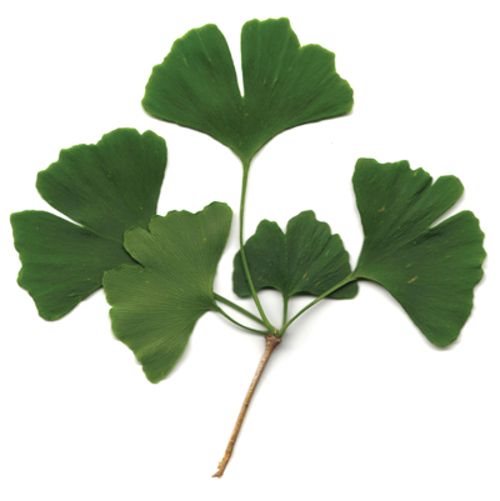New Bulletin from Botanical Adulterants Prevention Program Investigates Ginkgo Extract Adulteration
Per the bulletin, reports of ginkgo extract adulteration date back to 2003.
Photo © iStockphoto.com

With gingko extract adulteration growing more sophisticated, the Botanical Adulterants Prevention Program (BAPP), a joint effort of the American Botanical Council (Austin, TX), the American Herbal Pharmacopoeia (AHP), and the National Center for Natural Products Research (NCNPR), released its 13th Botanical Adulterants Bulletin, which focuses on ginkgo (Ginkgo biloba) leaf extracts.
Gingko leaf extract dietary supplements have remained among America’s top-25 herbal supplements in terms of sales for over a decade, popular primarily for their effects on mental performance, circulation, vertigo and tinnitus, according to a BAPP press statement. But reports of adulteration date back to 2003, when researchers noticed unusually high levels of the flavonoid rutin in a bulk material sample-added, most likely, to keep the extracts in compliance with content criteria that many pharmacopeial standards require. BAPP even published an HarbalGram review of 11 laboratory studies documenting ginkgo extract adulteration in 2016.
“Millions of consumers utilize ginkgo extracts for a range of health reasons based on frequently positive outcomes from published clinical trials,” said Mark Blumenthal, founder, executive director, ABC and BAPP, in the statement. “However, the ginkgo products that they are buying, if they are adulterated, may not be adequate to perform as well as those ginkgo extracts shown effective in the clinical research.”
Adds Stefan Gafner, PhD, chief science officer, ABC, and technical director, BAPP noted: “Adulteration appears to be frequent, with some researchers reporting that over 70% of the samples tested do not contain authentic ginkgo leaf extract. In some instances, the ginkgo extract is entirely substituted with a flavonol-rich extract, such as a Japanese pagoda tree [Styphnolobium japonicum] flower extract. More often, though, pure flavonols or flavonol-rich extracts are mixed with ginkgo extracts to produce, or to attempt to produce, a constituent profile that complies with many pharmacopeial standards of 24% flavonol glycosides and 6% diterpene lactones.”
Thus, the new bulletin, which Gafner wrote, lists known adulterants, details analytical approaches to detect adulterants and provides information on the cultivation, harvest, and market importance of ginkgo. The bulletin has received peer review from 20 experts in academia and industry and-as with all program publications-is freely accessible on the program’s website (registration required) to all ABC members, registered users of the ABC website and members of the public.
BAPP advises industry, researchers, health professionals, government agencies, the media, and the public about challenges related to adulterated botanical ingredients sold in commerce. To date, the program has published 38 peer-reviewed articles, Botanical Adulterants Bulletins, Laboratory Guidance Documents and Botanical Adulterants Monitor e-newsletters.










